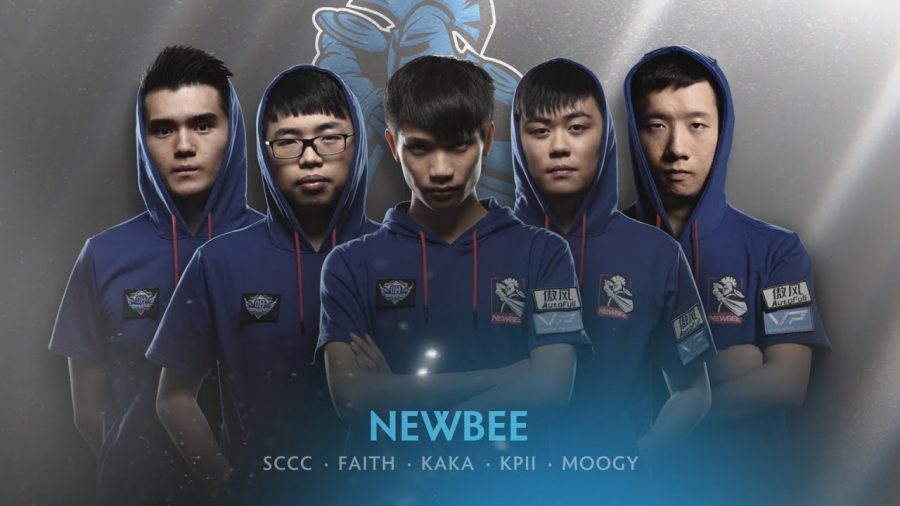China inacts new law to limit video game use for minors
On August 30, 2021 China established a new law that prohibits minors from playing more than 3 hours of video games per week due to concerns for addiction.
In an effort to prevent video game addiction among minors the Chinese government limits the window of play time to only 8 p.m. to 9 p.m. and only on Fridays, Saturdays, and Sundays.
They are forcing video game companies to be stricter and make logins using real identity procedures to allow gaming. Video game companies are to monitor and eliminate any fake accounts that may rise due to this new law. Some are speculating how this might affect the video gaming industry as a whole and it’s future.
“The age restrictions will drive a lot of young pro gamers to not get engaged with esports, so I think that will be one of the major impacts,” said Cui Chenyu, an analyst at tech consultancy Omdia in Shangha in an Aljazeera article.
Some of the top Chinese competitors involved in the esports scene have stated they started playing competitively in their teens to hone their skills. China is one of the most competitive and active video game fanbase with an average of 12 hours per week and is the largest esports market in the world with an average of 400 millions fans and viewers. Losing them will greatly affect esports in revenue and watch time.
Professional esports leagues are deciding whether to let China participate in tournaments or eliminate them off the roster because of this law. Limiting the amount of time being able to play will affect the capability of minors participating in esports.
In 2019, China enforced a law that also limited gaming but because of the lack of identification some bypassed this law and continued to play video games. They bypassed this by making new accounts or having multiple accounts that they can alternate with when their time runs out. The new law is far more strict but can still be exploited using an older family member as the identification.
“Parents of minors today have grown up with gaming, so they’ll be more liberal minded and may be more open to letting their children use their accounts to play games,” said Daniel Ahmad, an analyst at Niko Partners in London in an Aljazeera article.





